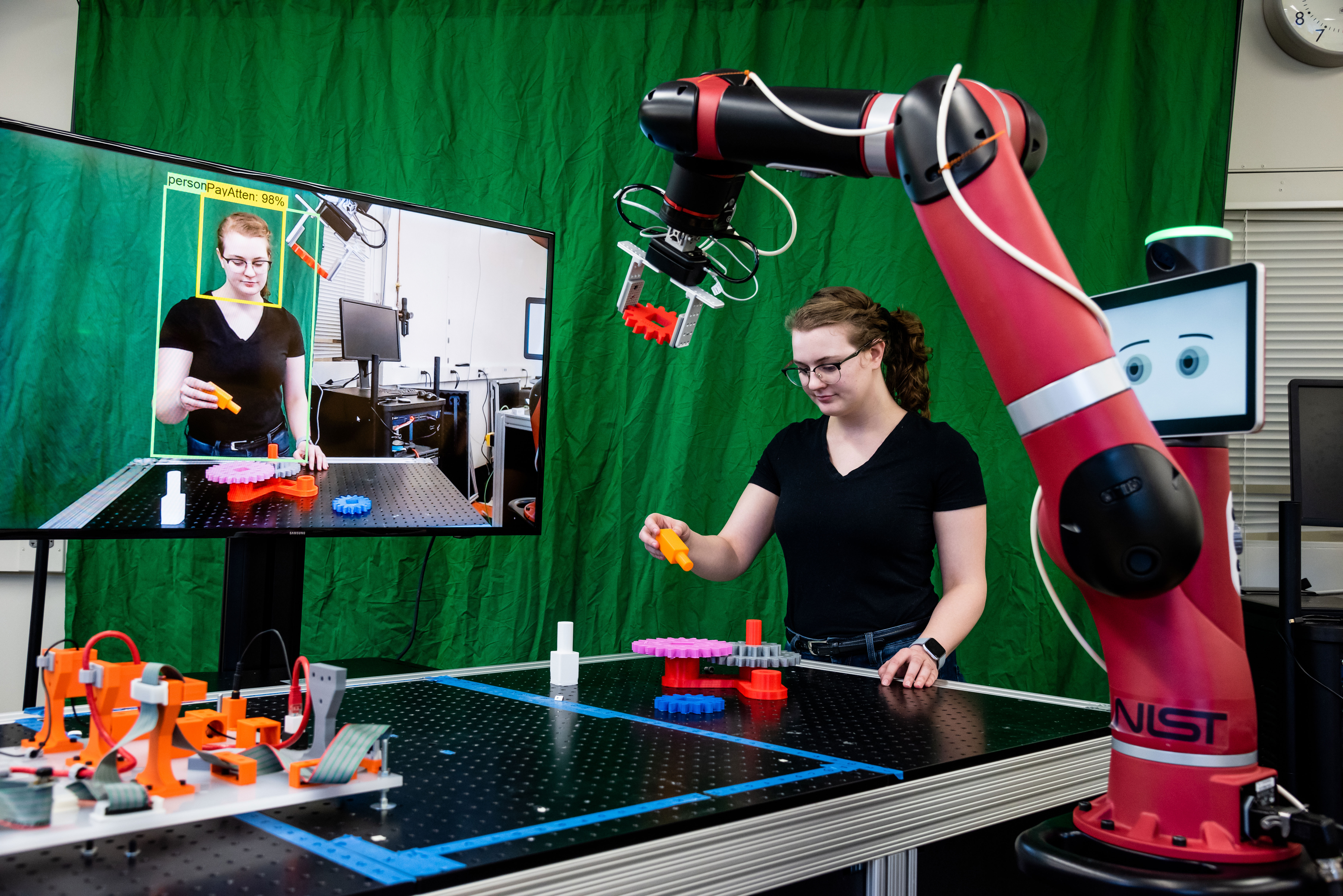GAITHERSBURG, Md. — The U.S. Department of Commerce’s National Institute of Standards and Technology (NIST) has made five awards totaling nearly $500,000 to support standards education in undergraduate and graduate curricula. The disciplines supported by this year’s awards include infrastructure improvement and resilience, building information modeling, nanomaterials engineering, aerospace, robotics and sustainability.
“Investing in the next generation of standards leaders can help ensure U.S. technology leadership worldwide,” said Gordon Gillerman, director of NIST’s Standards Coordination Office. “Not only are standards important to innovation, safety and a fair marketplace, a standards-savvy workforce is critical to the U.S. leadership in international standards development.”
Since it began in 2012, NIST’s Standards Services Curricula Development Cooperative Agreement Program has received 225 applications and made 46 awards totaling nearly $3.7 million. The funding supports curricula development to integrate content on documentary standards and standardization processes into courses, modules, seminars and learning resources, including sustainable approaches that can be replicated and built upon by other educational programs.
This year’s recipients are:
University of Houston (Houston, Texas) — $100,000
To develop hands-on standards education modules with lecture and laboratory components for two nanomaterials engineering courses for undergraduate and graduate students. The interdisciplinary content will be offered to students in multiple engineering departments including civil and environmental, electrical and computer, materials and chemical engineering. The curriculum will be developed with the assistance of an external advisory board including members from government, industry and academia.
University of Florida (Gainesville, Florida) — $99,991
To develop two publicly accessible and customizable modules focused on collaborative robotics, automation safety and essential robotics standards. Real-world examples, developed in collaboration with industry stakeholders, will be highlighted throughout the newly created four-week and two-week modules. The content will be integrated into two courses offered on-campus and via distance learning for undergraduate and graduate students in industrial and systems engineering; students will also have an opportunity to earn a graduate certificate in safety engineering.
University of North Carolina at Charlotte (Charlotte, North Carolina) — $99,942
To develop four standards-based education modules that strengthen the connection between building information modeling (BIM), a digital representation of physical and functional characteristics of a facility, and its fundamental technology, and the connections between BIM and documentary standards. The modules will include BIM for building design and construction, information delivery from construction to operation, and information exchanges between a building and third-party service providers for grid interaction and energy analytics.
Purdue University (West Lafayette, Indiana) — $99,927
To develop two education modules on airworthiness requirements for electric propulsion and design requirements for electric propulsion. The modules incorporate international standards and include lesson plans with scripted narratives and guided group discussions, videos and assessment questions. The content will be integrated into undergraduate courses in aircraft powerplant technology and powerplant systems and graduate courses in aviation and aerospace sustainability.
Rochester Institute of Technology (Rochester, New York) — $99,588
To develop a set of reusable and customizable course modules related to infrastructure resilience and environmental sustainability, including case studies and simulation exercises to provide opportunities for active learning while applying relevant documentary standards in different scenarios. The modules will be tested in undergraduate and graduate courses at RIT and validated in other courses in cooperation with George Washington University and the Pennsylvania State University. Course formats include traditional classroom learning as well as blended and online instruction. Topics include enhancing power infrastructure with smart energy grids and cybersecurity; sustainable buildings and sites; and enhancing infrastructure resilience to climate change.
Information on future and previous awards can be found on the NIST Standards Coordination Office website, standards.gov.


